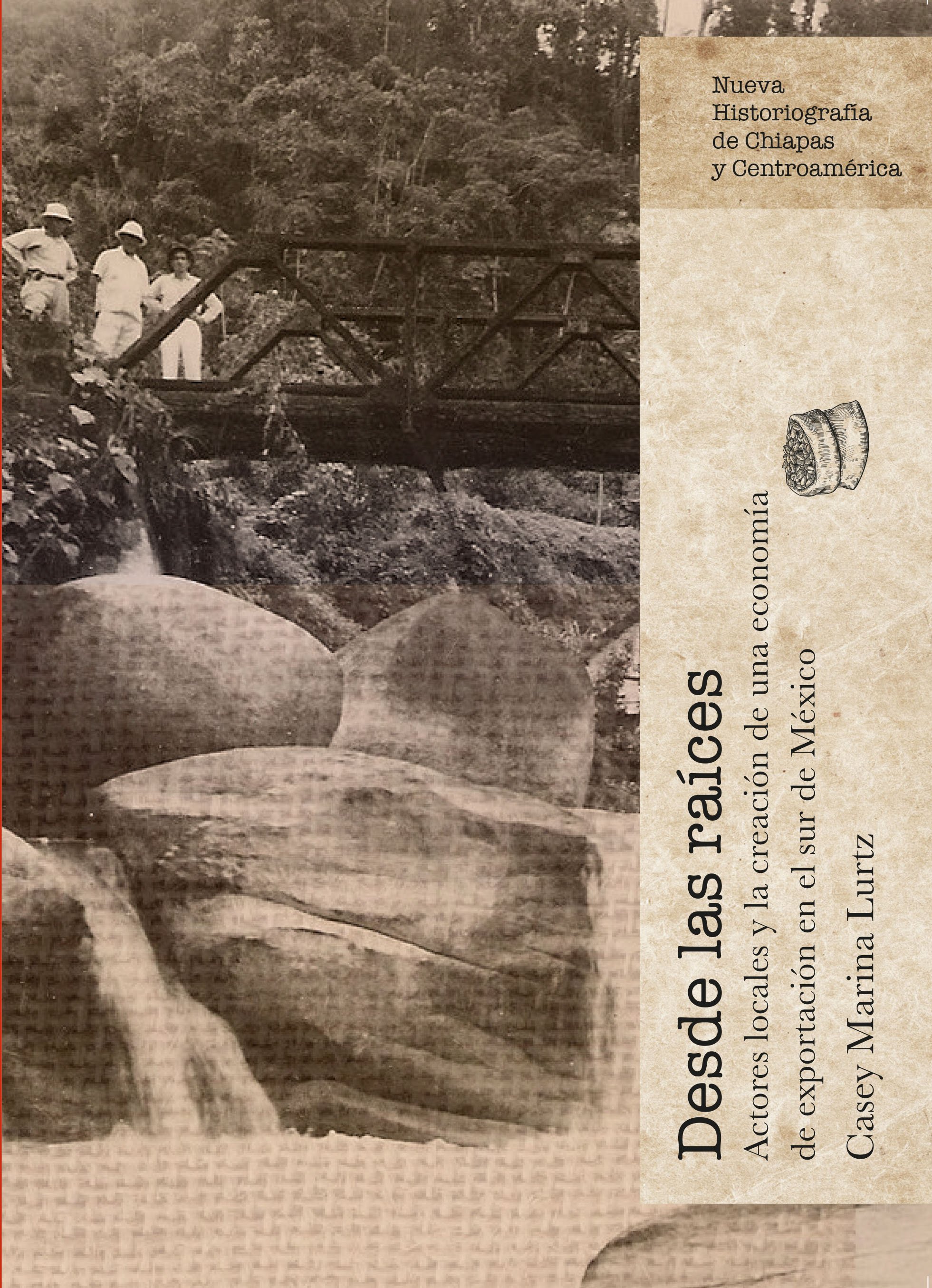From the Grounds Up: Building an Export Economy in Southern Mexico
In the late nineteenth century, Latin American exports boomed. From Chihuahua to Patagonia, producers sent industrial fibers, tropical fruits, and staple goods across oceans to satisfy the ever-increasing demand from foreign markets. In southern Mexico's Soconusco district, the coffee trade would transform rural life. A regional history of the Soconusco as well as a study in commodity capitalism, From the Grounds Up places indigenous and mestizo villagers, migrant workers, and local politicians at the center of our understanding of the export boom.
An isolated, impoverished backwater for most of the nineteenth century, by 1920, the Soconusco had transformed into a small but vibrant node in the web of global commerce. Alongside plantation owners and foreign investors, a dense but little-explored web of small-time producers, shop owners, and laborers played key roles in the rapid expansion of export production. Their deep engagement with rural development challenges the standard top-down narrative of market integration led by economic elites allied with a strong state. Here, Casey Marina Lurtz argues that the export boom owed its success to a diverse body of players whose choices had profound impacts on Latin America's export-driven economy during the first era of globalization.
The book was published by Stanford University Press in April 2019.
El libro también fue publicada en español por UNAM-CIMSUR como Desde las raíces. Actores locales y la creación de una economía de exportación en el sur de México en 2022.
Desde las raíces utiliza el desarrollo de la economía cafetalera del sur de México para explicar cómo el compromiso con los mercados globales fue moldeado por estructuras sociales y políticas locales resilientes. Al proyectar una idea de liberalismo económico popular, el libro analiza cómo los habitantes del Soconusco, los trabajadores y los políticos de poca monta aprovecharon y remodelaron el conjunto de herramientas de la política económica liberal para asegurar y promover sus propios intereses. El estudio involucra también la historia de la migración global y proporciona una imagen del comercio internacional localizado en manos de plantadores, comerciantes y políticos mexicanos y extranjeros.
Una versión digital está disponible por su sitio de web.
Full sized, color version of the many maps included in the book are available here.
The book was awarded honorable mention from the Nineteenth Century Section of the Latin American Studies Association. The dissertation out of which the project grows was awarded the Latin American Studies Association's Mexico Dissertation Prize and was a finalist for the Economic History Association's Alexander Gerschenkron Prize.

